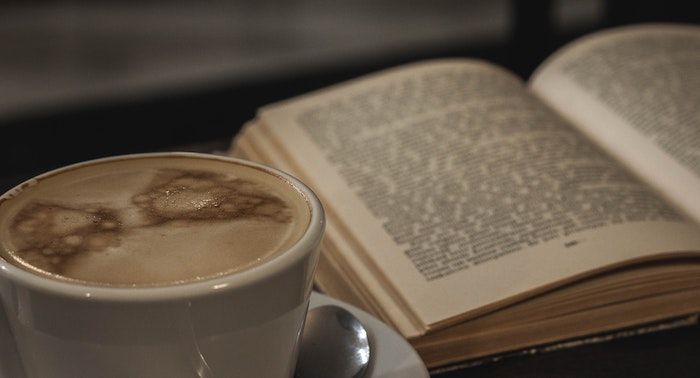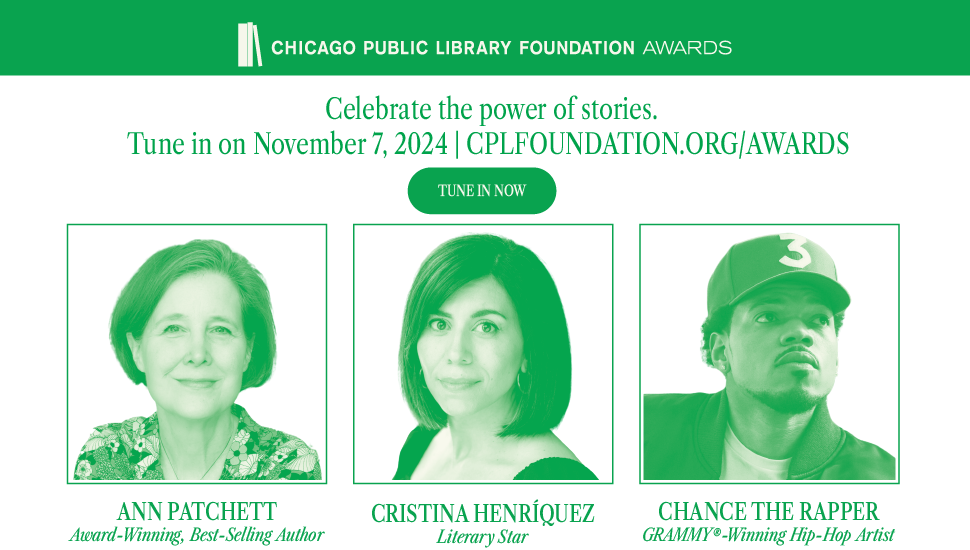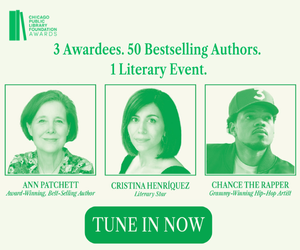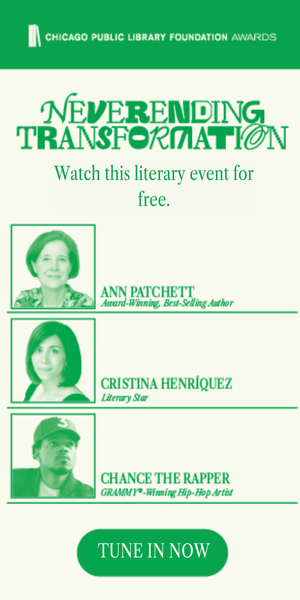
26 Marilynne Robinson Quotes to Find Optimism in Our Lives
If there’s any constant in the universe, it’s that life is uncertain. This has certainly felt true in recent weeks with COVID-19. For those of us who are lucky, we’re stuck working from home – practicing social distancing – getting our children through distance learning – finding a new normal to adjust to. For those of us who keep the world rotating, we’re tired, over-worked physically, emotionally, and mentally – while we wait for what feels like the inevitable.
We don’t get a break with this hanging over our heads. However, we press on no matter how impossible it seems. We wake up everyday and do what we have to do, for ourselves, for our families, and for our communities.
Times like these call for voices to bring calm in the madness. When life get’s overwhelming we can reach back to the greats and let their words drift over us as a balm.
Marilynne Robinson is one of those greats. Her Pulitzer Prize–winning novel, Gilead (2005) shows us how much a simple life can matter – as do the three novels that come after it, Home (2008), Lila (2014), and Jack (September 2020). Robinson’s essays are as important to our society as Emerson or Thoreau. She has an uncanny ability to be able to see the state of the world, but offer an optimistic solution. Her simple, yet deep, faith in humanity is refreshing and healing.
Here are some Marilynne Robinson quotes that will get us through these strange times.
Marilynne Robinson Quotes On Reading and Teaching
“I like to read in my own house, in any of the rooms I always mean to paint or otherwise improve and never do. Every detail is so familiar to me that it makes almost no claim on my attention.”
“For our purposes as human beings, the mind is the center of everything”
“Teaching is a distraction and a burden, but it’s also an incredible stimulus. And a reprieve, in a way. When you’re trying to work on something and it’s not going anywhere, you can go to school and there’s a two-and-a-half-hour block of time in which you can accomplish something.”
Marilynne Robinson Quotes from Gilead
“Sometimes I have loved the peacefulness of an ordinary Sunday. It is like standing in a newly planted garden after a warm rain. You can feel the silent and invisible life.”
“Love is holy because it is like grace – the worthiness of its object is never really what matters.”
“I’m writing this in part to tell you that if you ever wonder what you’ve done in your life, and everyone does wonder sooner or later, you have been God’s grace to me, a miracle, something more than a miracle. You may not remember me very well at all, and it may seem to you to be no great thing to have been the good child of an old man in a shabby little town you will no doubt leave behind. If only I had the words to tell you.”
“In every important way we are such secrets from one another, and I do believe that there is a separate language in each of us, also a separate aesthetics and a separate jurisprudence. Every single one of us is a little civilization built on the ruins of any number of preceding civilizations, but with our own variant notions of what is beautiful and what is acceptable – which, I hasten to add, we generally do not satisfy and by which we struggle to live.”
“When things are taking their ordinary course, it is hard to remember what matters. There are so many things you would never think to tell anyone. And I believe they may be the things that mean most to you, and that even your own child would have to know in order to know you well at all.”
Marilynne Robinson Quotes from Home
“It is possible to know the great truths without feeling the truth of them.”
“You must forgive in order to understand. Until you forgive, you defend yourself against the possibility of understanding.”
“In destitution, even of feeling or purpose, a human being is more hauntingly human and vulnerable to kindnesses because there is the sense that things should be otherwise, and then the thought of what is wanting and what alleviation would be, and how the soul could be put at ease, restored. At home. But the soul finds its own home if it ever has a home at all.”
Marilynne Robinson Quotes from Lila
“This is not to say that joy is a compensation for loss, but that each of them, joy and loss, exists in its own right and must be recognised for what it is…So joy can be joy and sorrow can be sorrow, with neither of them casting either light or shadow on the other.”
“That sound of settling into the sheets and the covers has to be one of the best things in the world. Sleep is a mercy. You can feel it coming on, like being swept up in something.”
“Pity us, yes, but we are brave, she thought, and wild, more life in us than we can bear, the fire infolding itself in us. That peace could only be amazement, too.”
Marilynne Robinson Quotes from Housekeeping
“Because, once alone, it is impossible to believe that one could ever have been otherwise. Loneliness is an absolute discovery.”
“To crave and to have are as like as a thing and its shadow. For when does a berry break upon the tongue as sweetly as when one longs to taste it, and when is the taste refracted into so many hues and savors of ripeness and earth, and when do our senses know any thing so utterly as when we lack it? And here again is a foreshadowing – the world will be made whole. For to wish for a hand on one’s hair is all but to feel it. So whatever we may lose, very craving gives it back to us again.”
“Having a sister or a friend is like sitting at night in a lighted house. Those outside can watch you if they want, but you need not see them. You simply say, ‘Here are the perimeters of our attention. If you prowl around under the windows till the crickets go silent, we will pull the shades. If you wish us to suffer your envious curiosity, you must permit us not to notice it.’ Anyone with one solid human bond is that smug, and it is the smugness as much as the comfort and safety that lonely people covet and admire.”
“Memory is the sense of loss, and loss pulls us after it.”
Marilynne Robinson Quotes from Essays and Nonfiction
“I am vehemently grateful that, by whatever means, I learned to assume that loneliness should be in part pleasure, sensitizing and clarifying, and that it is even a truer bond among people than any kind of proximity.” —When I Was a Child I Read Books
“When we accept dismissive judgments of our community we stop having generous hope for it. We cease to be capable of serving its best interests.” —When I Was a Child I Read Books
“What if good institutions were in fact the product of good intentions? What if the cynicism that is supposed to be rigor and the acquisitiveness that is supposed to be realism are making us forget the origins of the greatness we lay claim to – power and wealth as secondary consequences of the progress of freedom, or, as Whitman would prefer, Democracy?” —When I Was a Child I Read Books
“At this time the country needs to regain equilibrium and direction. It needs to recover the memory of the best it has done, and then try to do it all better.” —What Are We Doing Here?
“Sacredness is realized in the act of attention because reality is communicative and the mind is made, grace assisting exquisite effort, to experience its meaning.” —What Are We Doing Here?
“it is easy to forget that there are always as good grounds for optimism as for pessimism – exactly the same grounds, in fact – that is, because we are human. We still have every potential for good we have ever had, and the same presumptive claim to respect, our own respect and one another’s. We are still creatures of singular interest and value, agile of soul as we have always been and as we will continue to be even despite our errors and depredations, for as long as we abide on this earth.” —The Givenness of Things: Essays
“We are moved to respond to the fact of human brilliance, human depth in all its variety because it is the most wonderful thing in the world, very probably the most wonderful thing in the universe.” —The Givenness of Things: Essays
“I want to overhear passionate arguments about what we are and what we are doing and what we ought to do. I want to feel that art is an utterance made in good faith by one human being to another. I want to believe there are geniuses scheming to astonish the rest of us, just for the pleasure of it.”—The Death of Adam: Essays on Modern Thought










